DEPARTMENT OF Biology



At Skidmore, we cover a breadth of biological disciplines by integrating real-life applications — from medicine and bioengineering to understanding climate change — into our teaching and research.
With an average 8:1 student-to-faculty ratio, you’ll have opportunities for one-to-one mentoring. Plus, leveraging our facilities, laboratories and resources, you won’t have to wait to jump into hands-on experiences that train you in scientific design, methodology and execution, interpretation and communication.
Embedded within a liberal arts education, our mission is to mentor and train the next generation of scientists.
And whether your next destination is graduate school or a career in law, government, medicine, public policy or whatever you imagine — there is a tight-knit alumni and faculty network ready to support you.
8:1 student to faculty ratio
Biological expertise is needed to address many of the most complex and pressing challenges associated with living in the world.
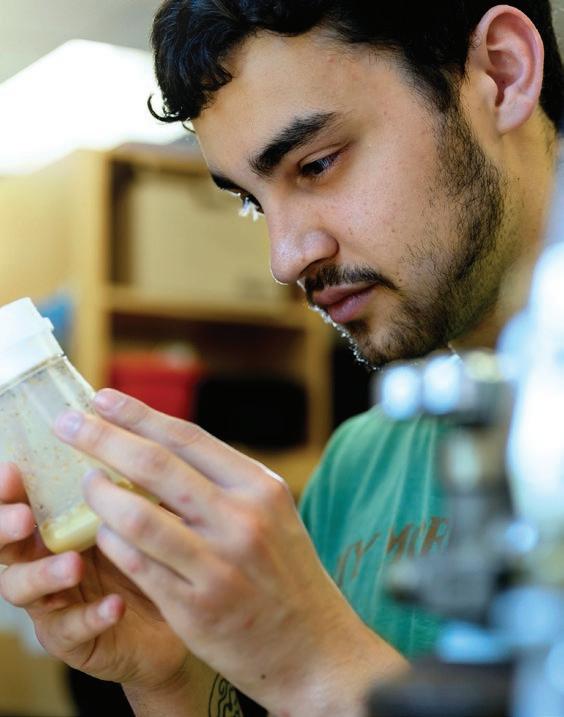

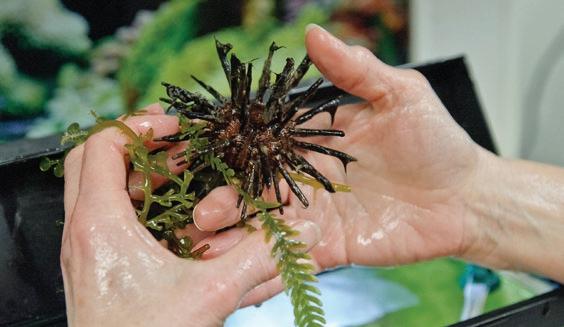
Informed by the visions and recommendations of industry-leading scientific organizations, our modern and rigorous program guides you through fundamental molecular and cellular processes, structure-function relationships, behavior and ecology, and evolutionary patterns.
Along the way, you focus your studies in one of four concentrations:
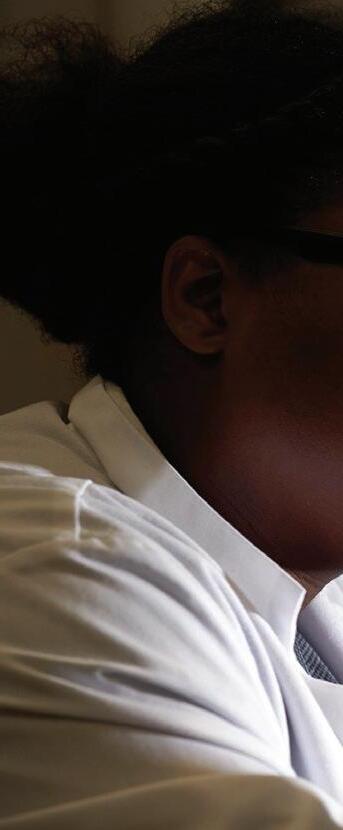
Biomedical Science
Biomedical Science
Cell and Molecular Biology
Cell and Molecular Biology
Ecology, Evolution and Behavior
Ecology, Evolution and Behavior

Integrative
Integrative Biology
Biology
Over 90%
The short answer is Yes.
of biology students choose to participate in credit-bearing independent study or research collaborations with our faculty. You could be among the many students who co-author research publications in journals or present their work at scientific conferences each year.
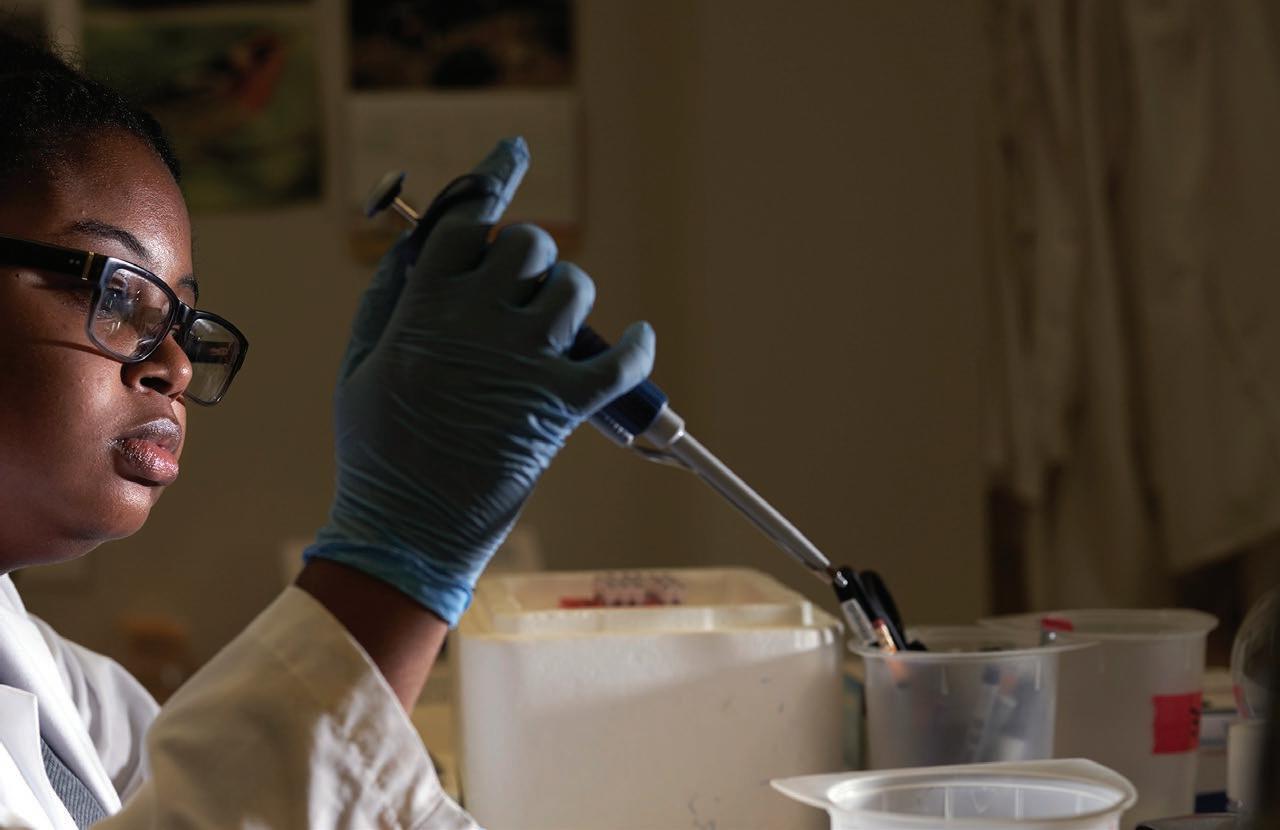
Three courses and at least 11 credits (two with a lab) in one concentration. Examples include:
BIOMEDICAL SCIENCE
BI 351 Epigenetics
BI 361 Biology of Viruses
Students are required to fulfill the general College requirements and to complete the following:
Three 200-level courses, one from each area listed below:
PHYSIOLOGICAL SYSTEMS AND INTEGRATIVE BIOLOGY
BI 244 Comparative Vertebrate Physiology
BI 246 General Microbiology
All biology majors must take:
FOUNDATIONAL
BI 107 Molecular and Cellular
Foundations of Life
ECOLOGY AND EVOLUTION
BI 224 Evolution
BI 239 Parasitology, Epidemiology and Public Health
BI 241 Ecology
BI 362 Bacterial Pathogenesis
CELL AND MOLECULAR BIOLOGY
BI 309 Microbial Genetics
BI 311 Biological Electron Microscopy
BI 338 Plant Biotechnology
ECOLOGY, EVOLUTION AND BEHAVIOR
BI 307 Ornithology
BI 316 Animal Behavior
BI 351 Marine Biology
INTEGRATIVE BIOLOGY
BI 306 Mammalian Physiology
BI 325 Tropical Biology
BI 108
CH 125
Organismal Biology
Principles of Chemistry
QUANTITATIVE METHODS
BI 235 Biostatistics
CELL AND MOLECULAR BIOLOGY
BI 242 Molecular Cell Biology
BI 245 Principles of Genetics
BI 247 Cell Biology
BI 343 Endocrinology
SEMINARS
BI 373 Scientific Communications/Life Sciences
BI 374 Senior Seminar
One course selected from more than 75 available outside the Biology Department is also required for the major. Examples include:
NS 101 Neuroscience: Mind and Behavior
ID 210 Introduction to Geographic Information Systems
HP 131 Introduction to Public Health
GE 310 Paleobiology
CS 322 Artificial Intelligence
A complete list of courses available in this area can be viewed online at skidmore.edu/biology. Please note that some may have prerequisites.
Biology majors who plan to attend professional schools (medical, dental, veterinary and others) are also encouraged to take:
CHEMISTRY
CH 221 Organic Chemistry I
CH 222 Organic Chemistry II
PHYSICS
PY 207 General Physics I
PY 208 General Physics II
To minor in biology, a total of six courses are required. These courses must include Molecular and Cellular Foundations of Life (BI 107) and Organismal Biology (BI 108), two 200-level courses and two 300-level courses in biology. Students must also take either Fundamentals of Chemistry with Lab (CH 115) or Principles of Chemistry (CH 125).
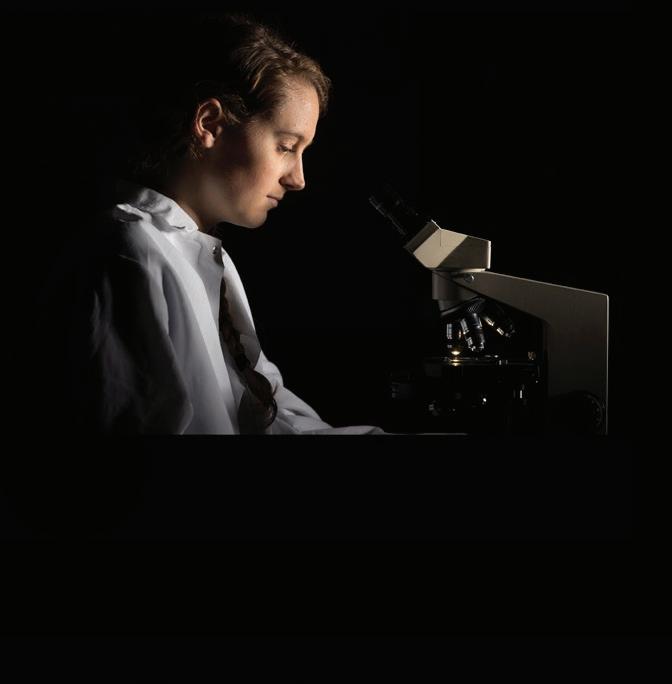
Many Skidmore biology majors study abroad to further broaden their fieldstudy experiences. Students have recently traveled to Australia, Costa Rica, Denmark, England, South Africa, Sweden, and Turks and Caicos.
Our science facilities are state-of-the-art. But you should expect that. The difference here is that they’re yours — access isn’t even a question.
As a biology student, you’ll learn and discover in specialized spaces for investigating microbiology, genetics, animals, plants, evolution, behavior and more.
Our new science center houses all 10 science departments and programs under one roof. A landmark building and a testament to Skidmore’s vision for the future of scientific exploration, you’ll have the opportunity to be one of the first students to create new solutions to complex challenges in a facility unlike any other.
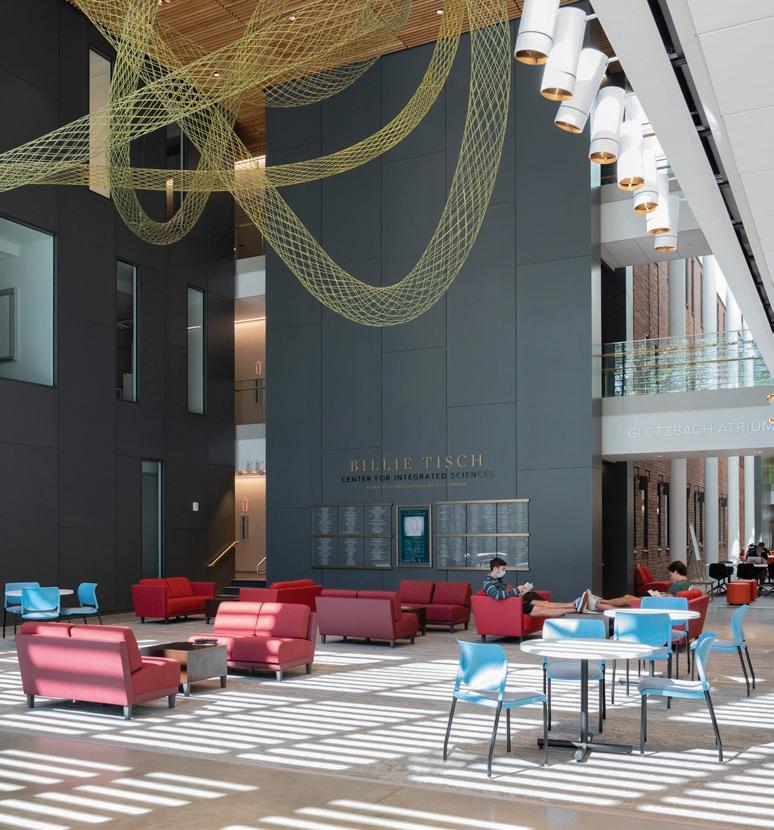
An 80-tank fish facility featuring several incubators and housing for numerous transgenic, mutant and wild-type fish.
Modern equipment for automated rodent monitoring, fruit fly rearing and recording, and human activity rhythms recording.
Greenhouse
Home to a variety of plants and several experimental modules where temperature and humidity can be altered to mimic particular climates.
Equipped for investigating parentage and population structures, this lab features automated DNA sequencing capabilities and an ultra-low temperature freezer to maintain our specimen library.
Skidmore’s 400-acre North Woods is a regional treasure of complex ecosystems with more than 600 plant species and a variety of animals and insects. We get to call it our on-site, living, breathing outdoor laboratory.
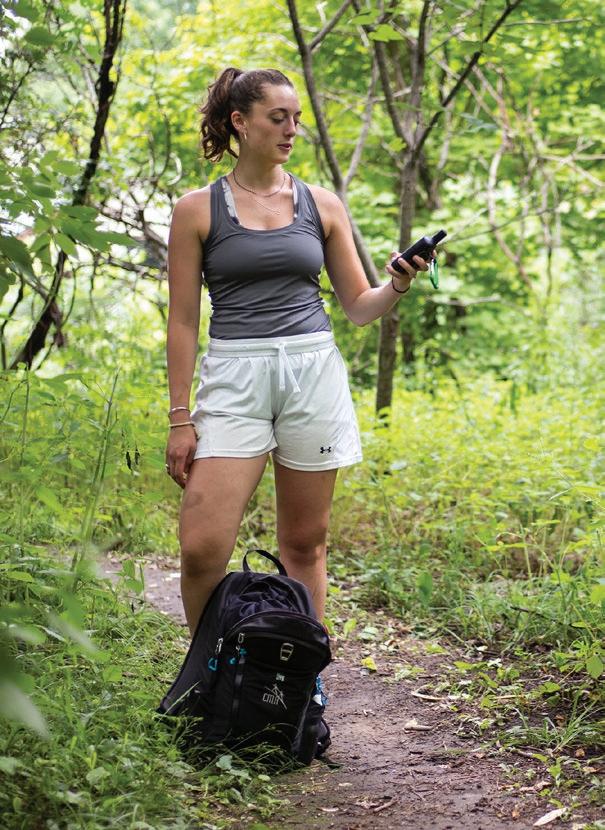
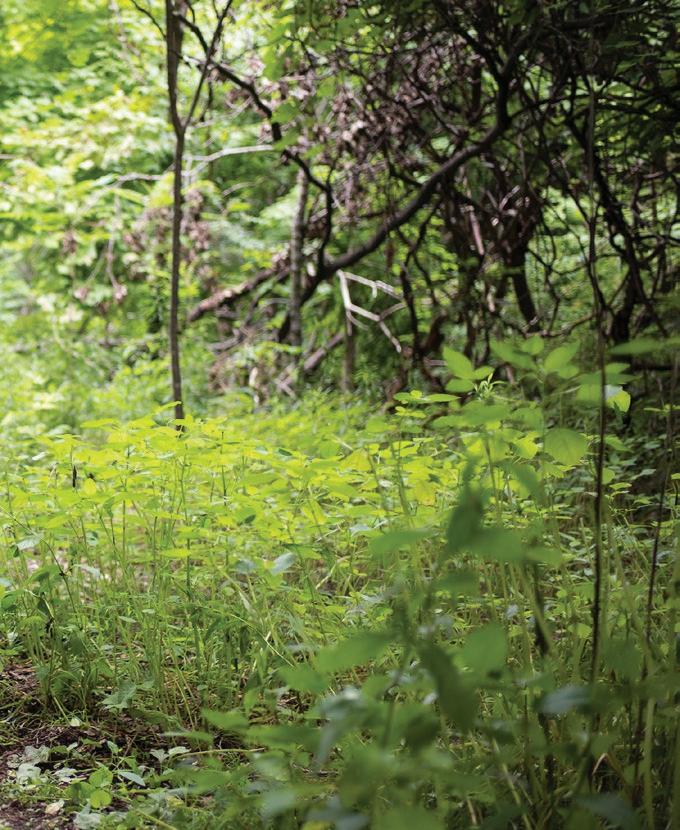
A robust, multi-functional laboratory for confocal laser, scanning electron and transmission electron microscopy as well as a variety of instruments for preparing specimens.
Home to collaborative efforts from across the scientific disciplines, it features a suite of modern instruments for elemental, ion, molecular and functional analysis.
We strive to lead compelling and productive research programs integrated into our classroom and laboratory teaching because we believe engagement is central to the learning experience.
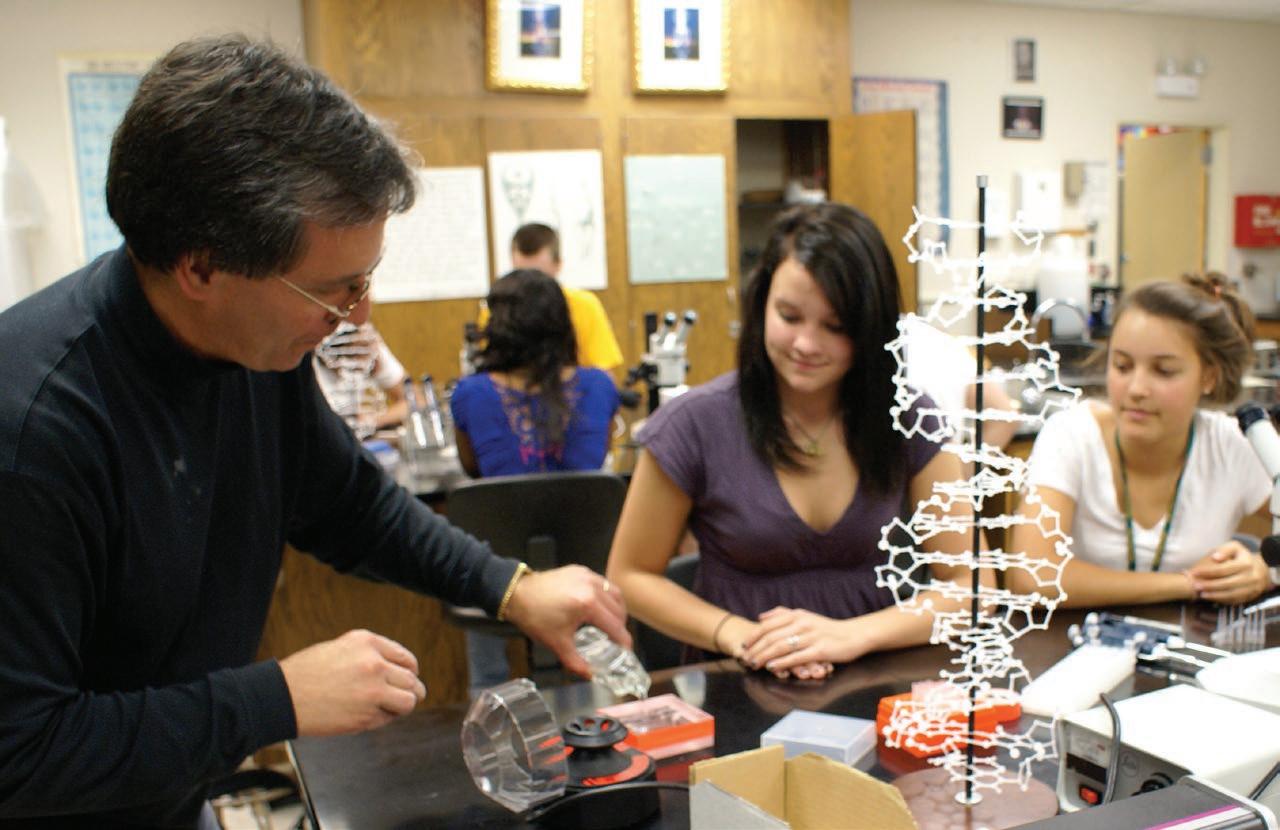
In other words, at Skidmore, we do science.
Organizations providing research support to Skidmore scientists include:
Your professors are making a difference in...
Aquatic animal physiology
Behavioral ecology
Biological invasions
Circadian rhythms
Community ecology
Endocrinology
Evolutionary ecology
Genetics
Microbial resistance
Molecular ecology

Mutualism and parasitism
Neurodevelopment
Plant evolution
Phycology
RYAN TOMA ’18
Research scientist, Viome
Ryan is working at a biotech start-up that connects gut microbiome quality to health and disease.
A sample of where biology grads have gone after Skidmore.
CHOROM PAK ’08
CEO and founder, LynxBio


LynxBio is developing a platform technology to rapidly identify effective treatment options for cancer patients.
THÉRÈSE LARUE ’14
Doctoral student, Stanford University
Thérèse is studying quantitative genomics in plants.
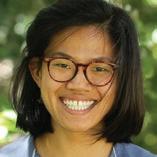

GRACE FAIRCHILD ’16
Regulatory coordinator, Dana-Farber Cancer Institute
Grace is working to manage regulatory compliance in clinical trials for cancer treatments.
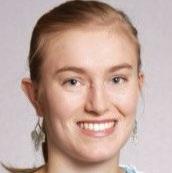
MATTHEW BARRA ’15
Orthopedic surgery resident, University of Rochester Medical Center
Matthew earned his M.D. at SUNY Upstate Medical University.

JACK FISCHER ’14
Director, brand development Brand Institute
Jack is managing brand strategies for pharmaceutical and life science companies.
CHAIR OF THE DEPARTMENT OF BIOLOGY: Jason Breves
PROFESSORS: Corey R. Freeman-Gallant, David Domozych, Bernard Possidente
ASSOCIATE PROFESSORS: Jennifer Bonner, Jason Breves, Patricia Hilleren, Sylvia McDevitt, Joshua Ness, Monica Raveret Richter
ASSISTANT PROFESSOR: Emily Le Sage
SENIOR TEACHING PROFESSOR: Erika Schielke
SENIOR INSTRUCTORS: Elaine Larsen, Patti Murray Steinberger
INSTRUCTORS: Neha Arora, Ann Showalter, Jeremy Sloane
MICROSCOPY TECHNOLOGY AND RESEARCH COORDINATOR: Li (Lily) Sun
TECHNICAL ASSISTANT: Tracy Broderson
For the most up-to-date faculty listings, visit https://www.skidmore.edu/biology